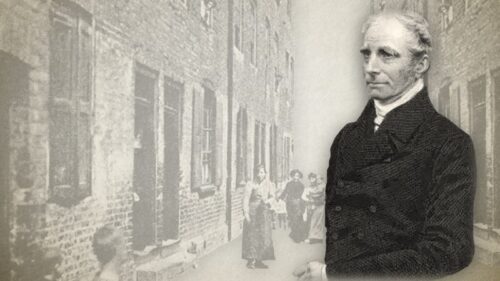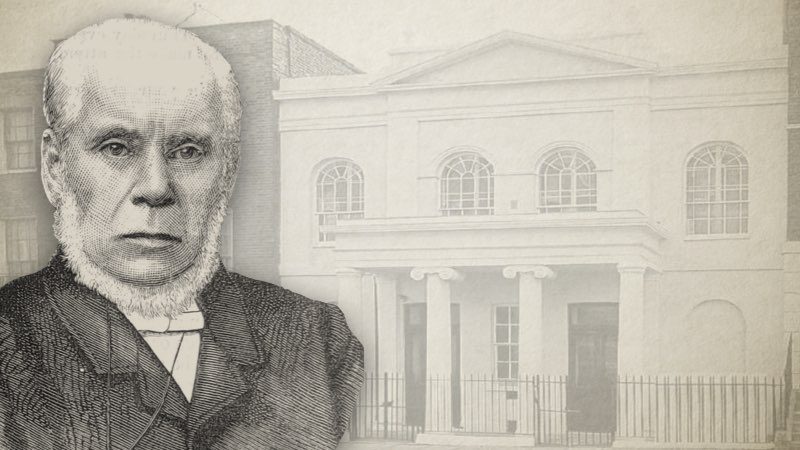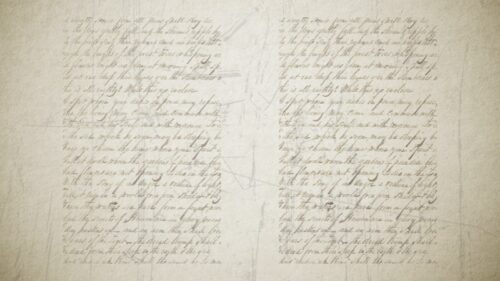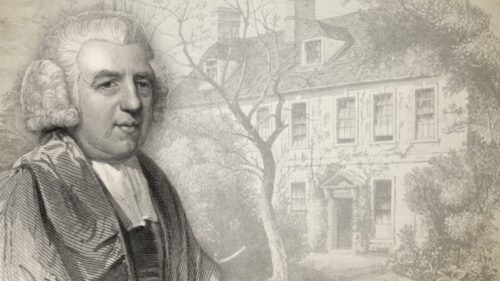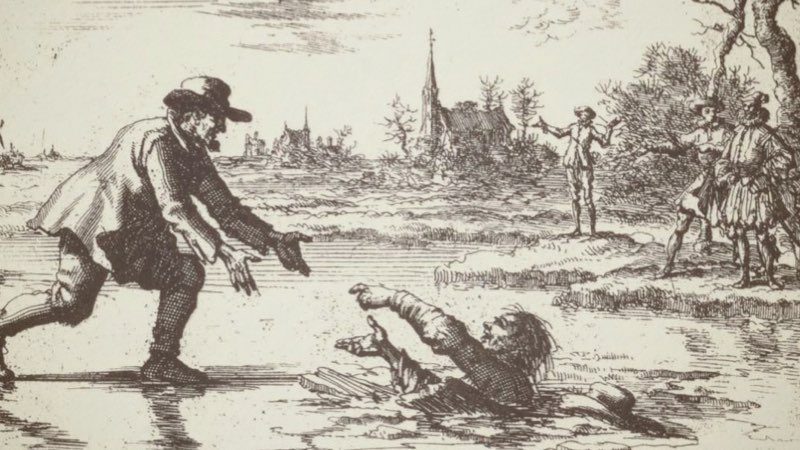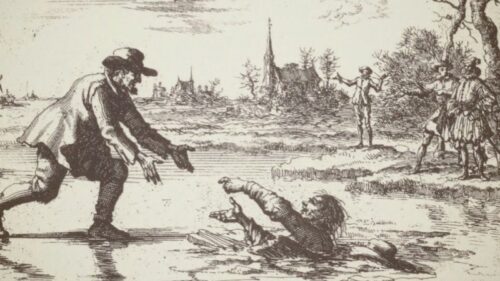-
85 Theology
THEOLOGY Signifies that science which treats of the being and attributes of God, his relations to us, the dispensations of his providence, his will with respect to our actions, and his purposes with respect to our end. The word was first used to denote the systems, or rather the heterogeneous fables, of those poets and philosophers who wrote of the genealogy and exploits of the gods of Greece. Hence Orpheus, Museus, Hesiod,&c. were called theologians; and the same epithet was given to Plato, on account of his sublime speculations on the same subject. It was afterwards adopted by the earliest writers of the Christian Church, who styled the author of the Apocalypse, by way of eminence, the divine. As the various branches of theology are…
-
84 Accommodation Of Scripture
ACCOMMODATION OF SCRIPTURE Is the application of it, not to its literal meaning, but to something analogous to it. Thus a prophecy is said to be fulfilled properly when a thing foretold comes to pass; and, by way of accommodation, when an event happens to any place or people similar to what fell out some time before to another. Thus the words of Isaiah, spoken to those of his own time, are said to be fulfilled in those who lived in our Saviour's,--"Ye hypocrites, well did Esaias prophesy," &c: which same words St. Paul afterwards accommodates to the Jews of his time, Is. 39:14. Mat. 15:8. Acts 13:41. Great care, however, should be taken by preachers who are fond of accommodating texts, that they first…
-
Life Before Confession
If we confess our sins, God is faithful and just to forgive us our sins. But before we can so confess our sins, the Holy Spirit must impart life into our souls; for the dead know not anything.
-
Introduction
John Hazelton[1] (1822-1888) was a high-calvinist and strict-communion Baptist pastor[2], whose 35 year ministry with the church meeting at Chadwell Street, London, resulted in a congregation that became one of the leading Strict Baptist (SB) churches during the first fifty years of the 20th century. Like most SB’s, Hazelton stood aloof from the ministry of Charles Spurgeon. In many respects, Spurgeon may be regarded as the father of the Reformed Baptist movement—he espoused many of the features that identify this new breed of brethren. Although many Reformed Baptists trace their lineage to the SB’s, this is an illegitimate link. As the sermons of Hazelton will illustrate, the SB’s were unsympathetic to the heretical teachings of Andrew Fuller. Indeed, the SB’s stood with the doctrines espoused…
-
Praise God, From Whom All Blessings Flow
According to Charles Buck, a doxology is "a hymn used in praise of the Almighty". It is typically sung at the end of corporate worship, before the people of God are dismissed. Some of the points covered in this sermon: • James Montgomery’s appraisal of the hymn • A short sketch of Thomas Ken’s life • The occasion and purpose for which Ken wrote the hymn • The larger compositions into which the hymn originally belonged • The theme of the hymn—those made in the image of God, should praise the God in whose image they are made • An exposition of the hymn—(1) the object of praise; (2) the givers of praise • An examination on how the hymn fits within the framework of…
-
12. The Third Confession
Third Confession Drawn up at Dort, at a certain peace convention on the 21st of April, 1632, being a statement of the chief articles of our general Christian faith, as the same are taught and practiced throughout in our church. I. Of God and the Creation of All Things Since we find it testified that without faith it is impossible to please God, and that he that would come to God must believe that there is a God, and that He is a rewarder of them that seek Him; therefore, we confess with the mouth, and believe with the heart, with all the pious, according to the holy Scriptures, in one eternal, almighty, and incomprehensible God, the Father, Son and Holy Ghost, and in none…



